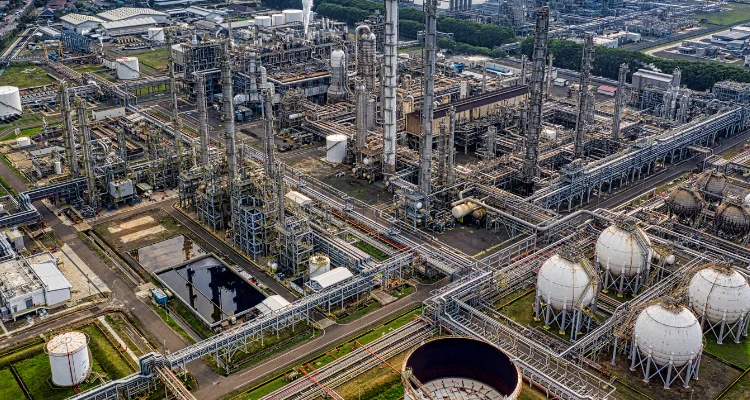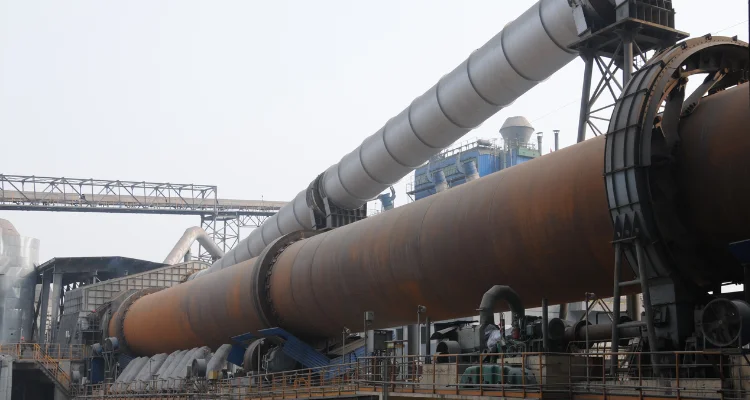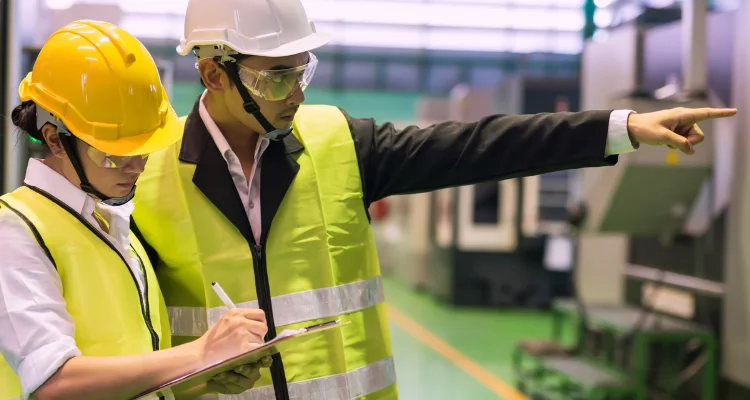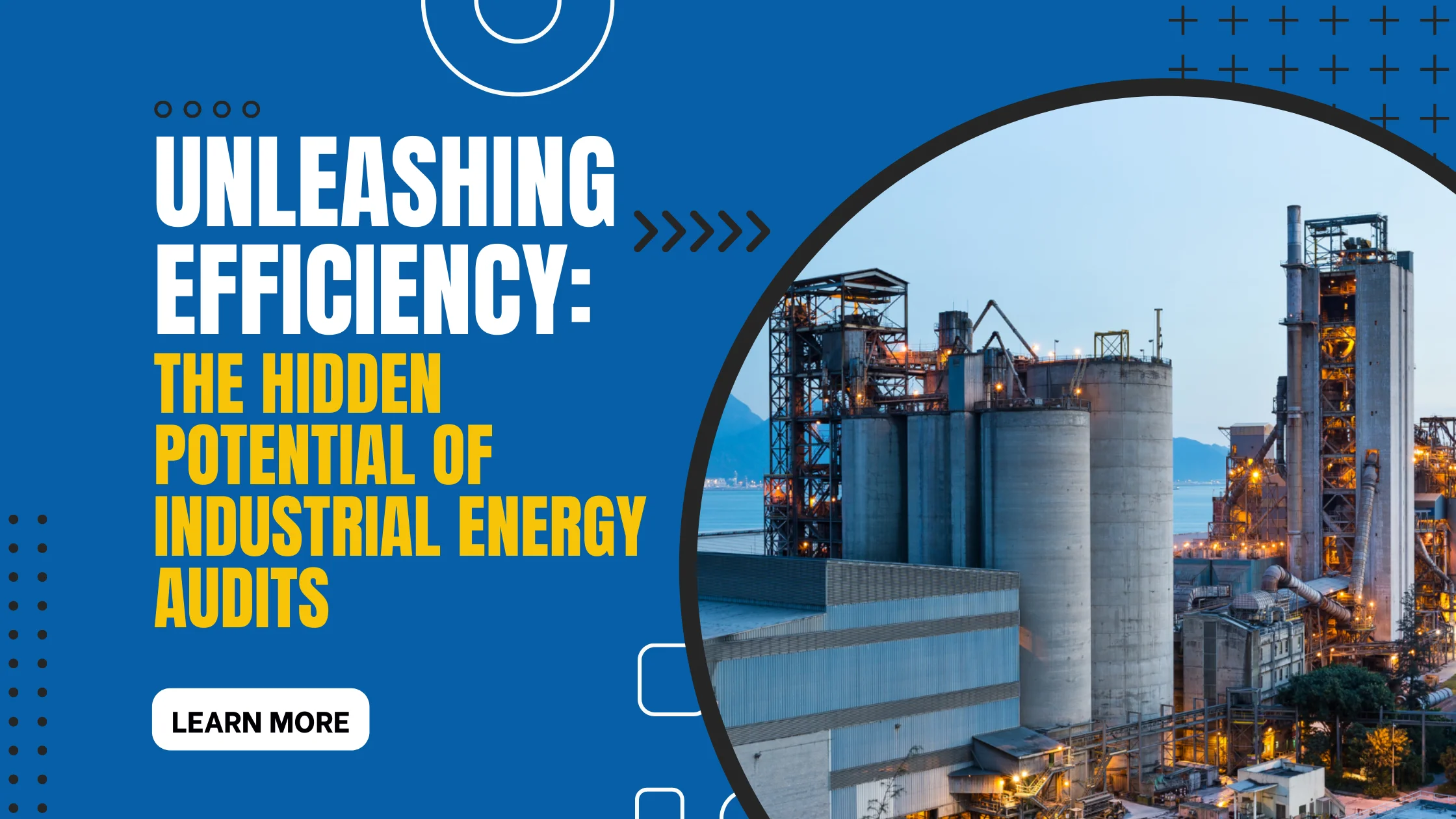As businesses strive to enhance their competitiveness, energy efficiency has become a crucial consideration. An industrial energy audit is a comprehensive assessment that provides insight into a facility’s energy use and identifies opportunities to reduce waste, improve efficiency, and save costs.
The Power of an Energy Audit
An energy audit can deliver significant value by creating awareness about energy usage and identifying areas where cost savings are possible. The process involves gathering data on energy use within a facility and analysing it to determine how it can be optimized. With the insights obtained from the audit, companies can develop a plan of action that lays out specific measures to reduce energy consumption and lower costs.

The Analytical Toolkit: Revealing Energy Loss Sources
A fundamental aspect of an industrial energy audit is the analytical toolkit used to measure energy loss and identify sources of inefficiency. This toolkit includes several methods that help evaluate equipment performance, such as heat and mass balances, and quantifying energy loss. These analyses provide insights into how much energy is being consumed at any given point in time and where it could be reduced.

Heat and Mass Balances
A heat balance is used to quantify the amount of energy entering or leaving a system, while a mass balance measures the amount of matter present in different parts of the system. These two pieces of information offer crucial insights that allow experts to uncover sources of inefficiency.
Equipment efficiency
Evaluating the efficiency of various pieces of equipment is key to understanding where energy is being lost within a facility. Analysing equipment operation logs are commonly used during an industrial energy audit process to estimate equipment efficiency levels accurately.
Heat Recovery Scenarios
One possible solution identified by an energy audit is heat recovery. Heat recovery technologies recapture wasted energy by reusing heat generated during industrial processes rather than allowing it to escape into the environment. The analytical toolkit will identify which scenarios have the most potential for heat recovery to improve overall efficiency.
The Benefits of Industrial Energy Audits
The main goals of an industrial energy audit are reducing operating costs and increasing efficiency through optimization strategies. When applied effectively, there are notable benefits organizations could expect:
- Cost Savings: By identifying areas where energy can be collected or reduced, a facility can significantly cut down operating expenses.
- Improved Asset Management: When you know how equipment performs, steps can be taken to better maintenance plans for those assets.
- Reduced Carbon Footprint: Enhancing equipment performance goes together with reducing carbon emissions. So, assessing your overall operations through an industrial energy audit helps you contribute positively toward meeting environmental targets.
- Enhanced Competitiveness: Better resource management results in more competitive services or products across the board, thus improving market positioning.
- Evidence-Based Decision Making: Data-driven decisions make up efficient decision-making processes when providing valuable grounds for improvements toward better outcomes throughout the sales process.

The Bottom Line
An industrial energy audit plays a crucial role in identifying efficiencies thus allowing facilities to increase productivity while saving money in the long run. With expert opinions on this delicate issue through the utilization of a robust analysis tool kit delivered via applying expert consultation from industry leaders familiar with up-to-date technology solutions – companies stand a chance to stay ahead of the competition whilst they meet regulatory demands effortlessly whilst effecting meaningful changes towards sustainability for everyone concerned making this win-win situation benefit all parties involved.

